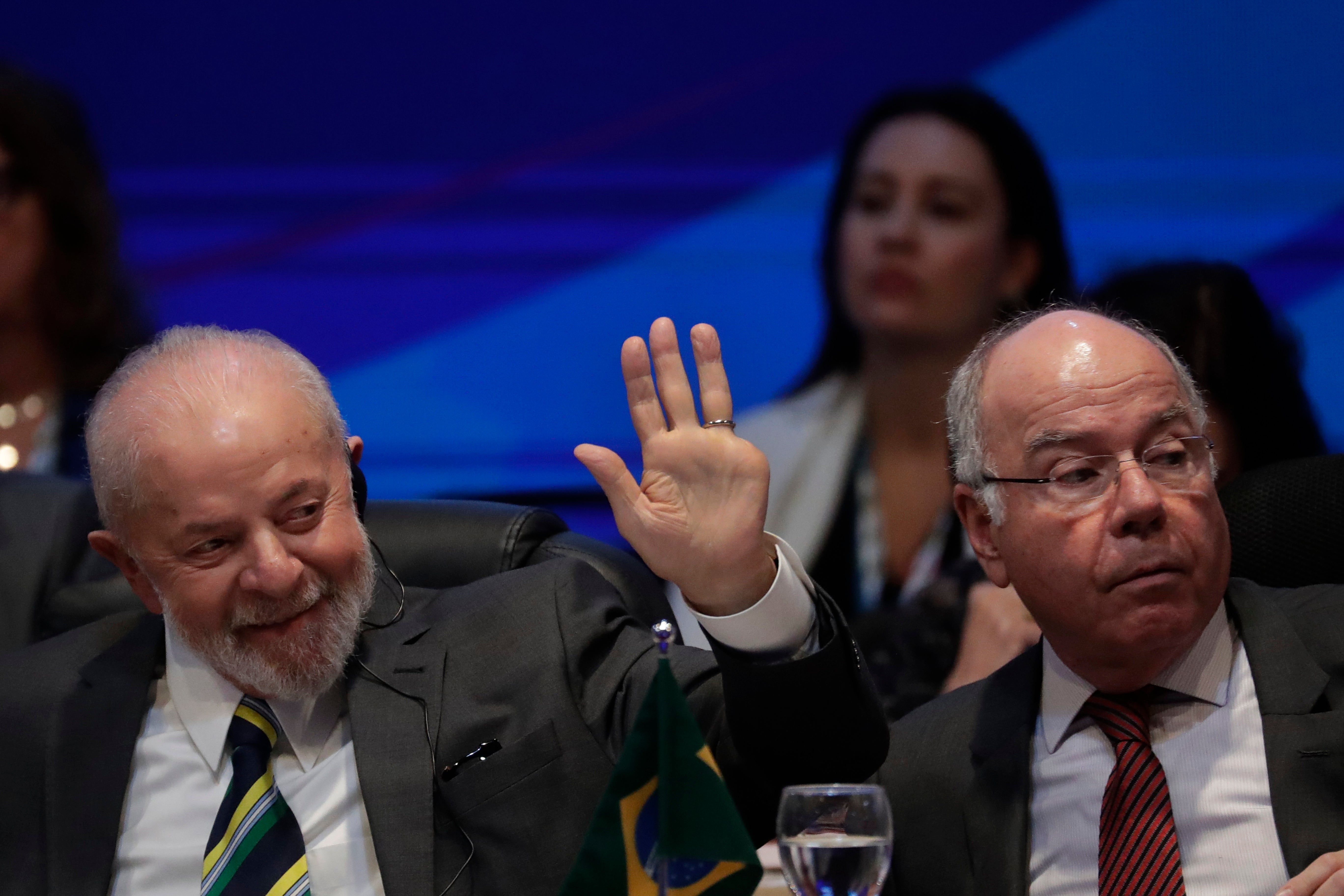Finance ministers of the Group of 20 in Brazil discuss tax on super-rich
Finance ministers from leading rich and developing nations have gathered in Rio de Janeiro for a two-day meeting to discuss a global tax on the super-rich, a top priority for Brazil, which holds the presidency

Finance ministers from leading rich and developing nations gathered in Rio de Janeiro on Thursday for a two-day meeting to discuss a global tax on the super-rich, a top priority for Brazil, which holds the presidency.
According to the proposal before the Group of 20, individuals with over $1 billion in total assets would be required to pay the equivalent of 2% of their wealth in income tax.
France, Spain, and South Africa — which will chair the G20 in 2025 — have expressed support, an official from the Brazilian Ministry of Finance told journalists last week. But U.S. Treasury Secretary Janet Yellen reiterated at a news conference Thursday that the U.S. does not support the initiative.
“Tax policy is very difficult to coordinate globally, and we don’t see a need or really think it’s desirable to try to negotiate a global agreement on that,” Yellen said, although she emphasized the U.S. is “strongly supportive of progressive taxation."
Brazil nevertheless hopes finance ministers will approve a statement on international tax cooperation that will include mention of the global tax on the super-rich, Tatiana Rosito, international affairs secretary at Brazil’s Ministry of Finance, told journalists Tuesday.
An agreement on a global tax on billionaires is necessary to diminish the attractiveness of tax havens, said economist Bruno Carazza, a professor at the Dom Cabral Foundation, a business school.
“I really believe that if this doesn’t make it into the declaration, there will be a certain frustration, as this was a bet by the Brazilian government,” Carazza added.
Billionaires currently pay the equivalent of 0.3% of their wealth in taxes, according to a report from French economist Gabriel Zucman commissioned by Brazil. The report said a 2% tax would raise $200 billion to $250 billion per year globally from about 3,000 individuals, money that could fund public services such as education and health care as well as the fight against climate change.
The richest 1% have amassed $42 trillion in new wealth over the past decade, nearly 36 times more than the entire bottom 50% of the world’s population, according to an Oxfam analysis released Thursday ahead of the finance ministers’ meeting.
Brazil’s President Luiz Inácio Lula da Silva defended the need for increased taxation of the world’s richest in Rio on Wednesday when he unveiled plans for a global alliance against hunger and poverty.
“At the top of the pyramid, tax systems stop being progressive and become regressive. The super-rich pay proportionally much less tax than the working class,” Lula said.
“Some individuals control more resources than entire countries. Others have their own space programs,” he added, in an apparent jab at Elon Musk, who owns SpaceX, and Jeff Bezos, who founded the space company Blue Origin.
The global alliance against hunger and poverty aims to implement a mechanism to mobilize funds and knowledge to support the expansion of policies and programs to combat inequality and poverty, according to a statement from Brazil’s G20 press office on Tuesday. It would be managed by a secretariat located at the U.N. Food and Agriculture Organization headquarters in Rome and Brasilia until 2030, with half of its costs covered by Brazil, Lula said in his speech.
Bookmark popover
Removed from bookmarks